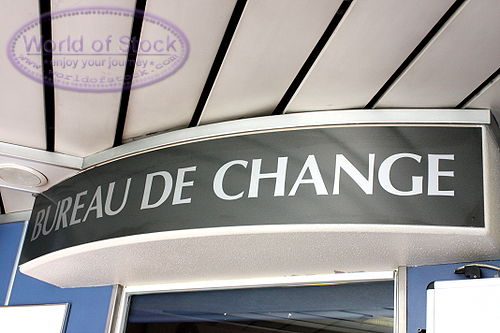The unification of the exchange rate in Nigeria is set to have a wide-reaching impact on Bureau De Change (BDC) companies. This significant development has already posed challenges for BDCs, as the loosening of exchange rate controls has diminished their arbitrage advantage and caused license prices to drop significantly. This article explores the consequences, outcomes, and business implications for BDCs in Nigeria following the unification of the exchange rate.
Consequences of Exchange Rate Unification
The cost of obtaining a BDC license is undergoing a noticeable decline in response to Nigeria’s move towards a single exchange rate. While the Central Bank of Nigeria (CBN) has yet to officially confirm the policy stance, the Naira experienced a sharp decline of up to 38% on the Investors’ and Exporters’ (I&E) window, representing its largest slide in four years. The pursuit of a free or managed float by the CBN remains uncertain, but concerns are already emerging regarding the potential impact of a single exchange rate on the profitability of BDC operators.
Historically, BDCs in Nigeria have thrived on arbitrage opportunities and the existence of multiple exchange windows. However, the unification of the exchange rate will effectively close this gap, making the business of BDC operators significantly less profitable. As a result, interest in BDC licenses has already started cooling off, with reports suggesting that individuals holding multiple licenses are selling them off due to anticipated limited profitability, as banks regain their position in the foreign exchange market.
Outcomes for BDC Companies
The market is already reacting to the unification of the exchange rate, with significant implications for BDC companies. Previously, BDCs received a weekly allocation of $20,000 at the official exchange rate, allowing them to sell at a considerable margin on the parallel market. This lucrative arbitrage opportunity attracted a record number of BDC dealers. However, with the rates now unified, the motivation to hold onto BDC licenses has significantly diminished. Sources indicate that individuals are selling their licenses at reduced prices, with current transactions occurring at around ₦15 million, a substantial drop from the previous capital deposit requirement of ₦35 million.
Business Implications for BDCs
BDCs have been considered “insanely profitable” businesses, evident in the fact that the CBN receives 500 requests for BDC licenses weekly. However, the unification of the exchange rate will bring about a paradigm shift in the market dynamics. The parallel market, previously run by BDCs, will experience a significant slowdown as rate parity between BDCs and banks becomes the norm. Naira floating ensures that whatever FX BDCs offer will be similar to what banks offer, eroding the monopoly of BDCs in providing readily available FX. Customers can now access the same foreign exchange at any bank, reducing the need for BDC services. Furthermore, the convenience of online transactions adds to the diminishing incentives for engaging with BDCs.
Moving Forward
While a unified exchange rate holds potential benefits for the market in the long run, it poses significant challenges for BDCs that heavily rely on arbitrage opportunities. The CBN’s threat to halt the issuance of BDC licenses in 2021 was an attempt to address the issue. However, even with a unified exchange rate, the backlog of foreign exchange demand in Nigeria remains unresolved.
BDC operators will need to adapt their strategies to navigate the changing landscape. Exploring alternative avenues for sustainable growth and diversification will be crucial for their survival in a market where arbitrage advantages are diminishing. As the unification of the exchange rate takes effect, BDCs will face an uphill battle to redefine their role and value proposition in Nigeria’s evolving financial ecosystem.
In conclusion, the fate of BDC companies in Nigeria hangs in the balance following the unification of the exchange rate. While the move holds potential benefits for the overall market, the consequences, outcomes, and business implications for BDCs are significant. It remains to be seen how BDCs will adapt to this new reality and find their place in a transformed financial landscape.









